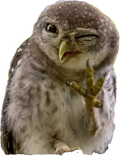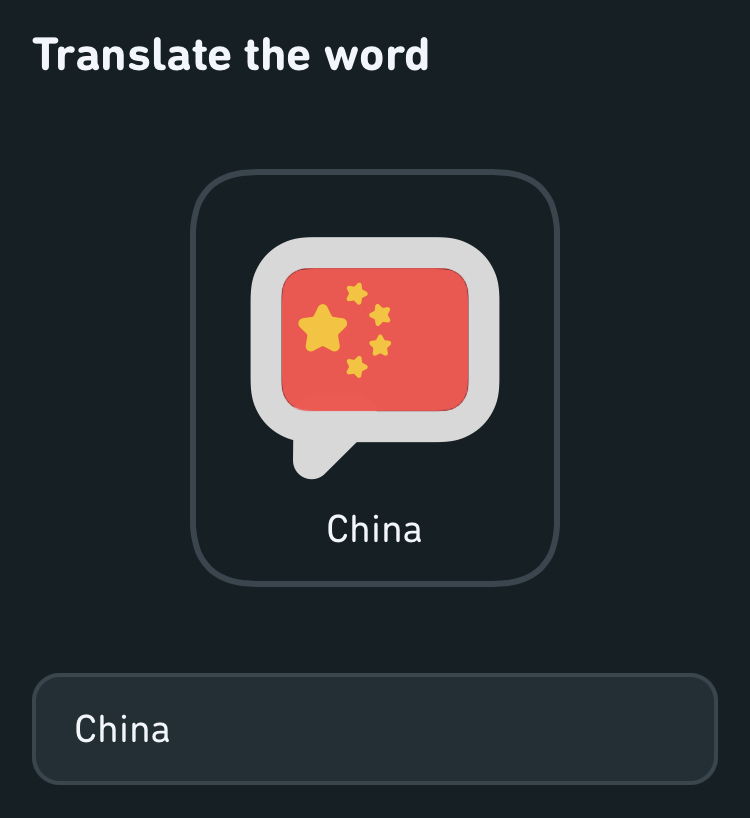📺
My guess, pandas are also named this way, 熊猫 xióngmāo “bear cat”, but that could be because it’s a rare animal people weren’t talking much about, or that it historically was found in or beyond the southern regions that spoke different dialects or languages. But owls actually exist literally everywhere except the ice caps 🤷
Posting neat Chinese phrases whenever I feel like #23
猫头鹰
(māo tóu yīng)
Literally: “cat head hawk”
Figuratively: “owl”
We love our owls don’t we folks? 
we have to close the doge gap
Posting neat Chinese phrases whenever I feel like #21
森林
(sēn lín)
Individually: “[lush] [milieu]”
Combined: “forest”
Remember 木 mù “wood”? Well here are some more of them! Both 森 and 林 can (at least could once upon a time) mean “forest” on their own, but their other meanings pull in different directions: 森 towards thick, dense, dark, strict, and 林 towards grove, circle, group.
Posting neat Chinese phrases whenever I feel like #20
狗拿耗子
(gǒu ná hàozi)
Literally: “dog catch mouse”
Figuratively: “meddle; meddlesome”
Posting neat Chinese phrases whenever I feel like #19
好久不见
(hǎo jiǔ bù jiàn)
Literally: “good [long time] not see”
Figuratively: “long time no see”
Ever wondered where that seemingly English phrase came from? 
Posting neat Chinese phrases whenever I feel like #16
木已成舟
(mù yǐ chéng zhōu)
Literally: “wood already become boat”
Figuratively: “what’s done can’t be undone”
Even if you don’t know Chinese, take a look at the first and last characters and you might still be able to make out traces of a tree and a boat. (We don't talk about the middle 2 characters 💀)
yup: tool > technique > work > industry, and branching off into “construction” from somewhere in there
bendan
joined 10 months ago
i can’t believe duolingo would do this to me
